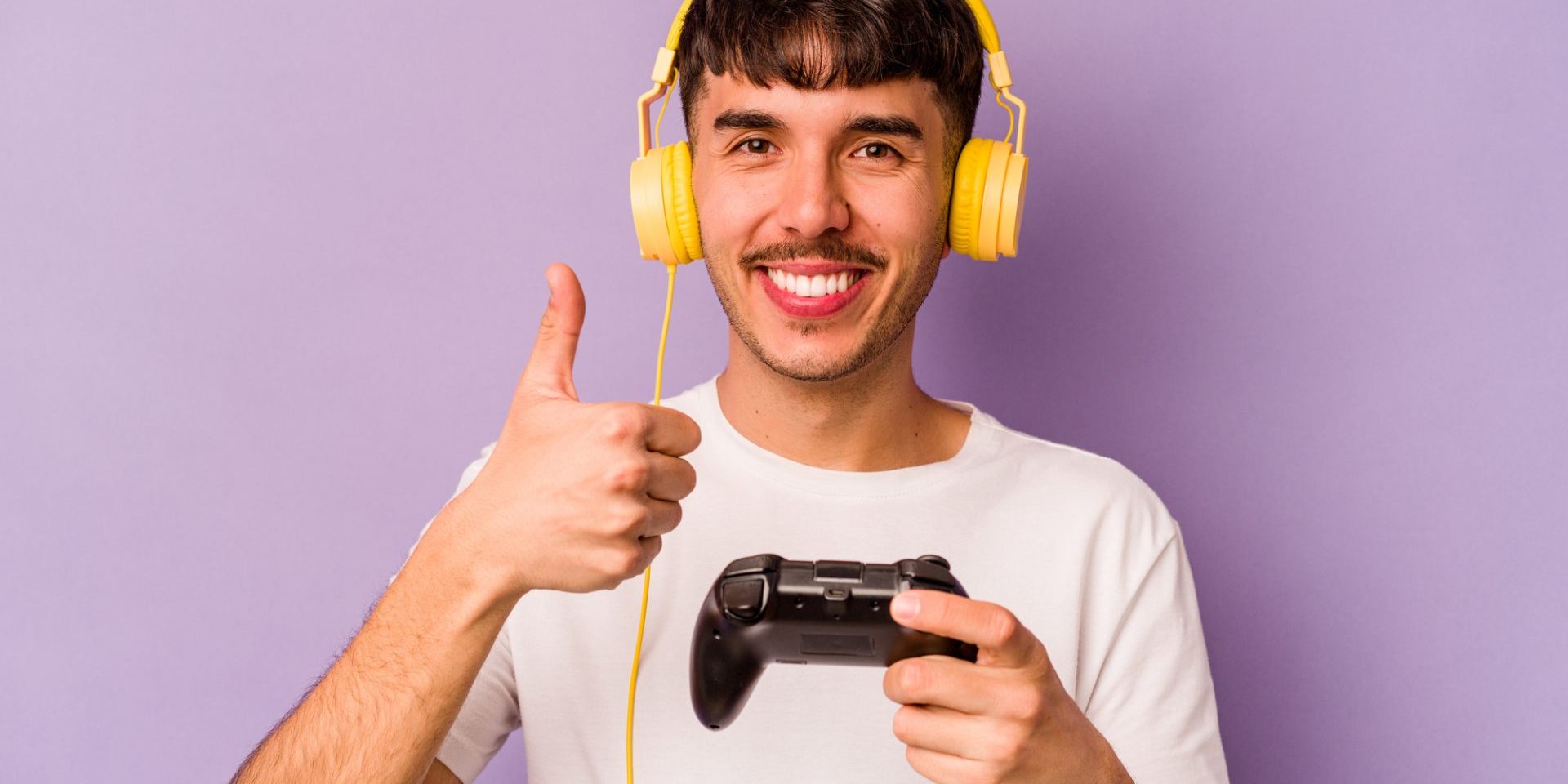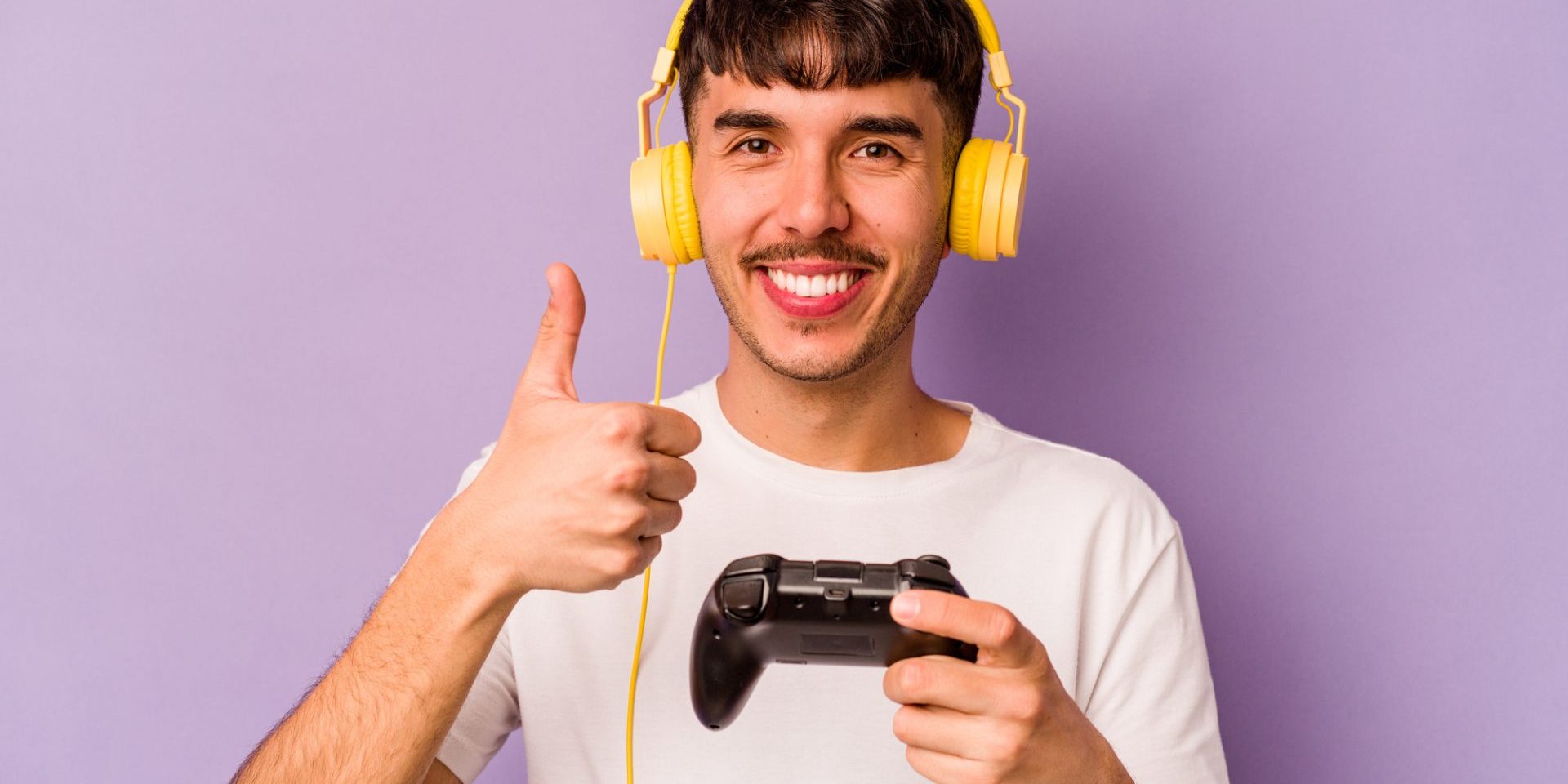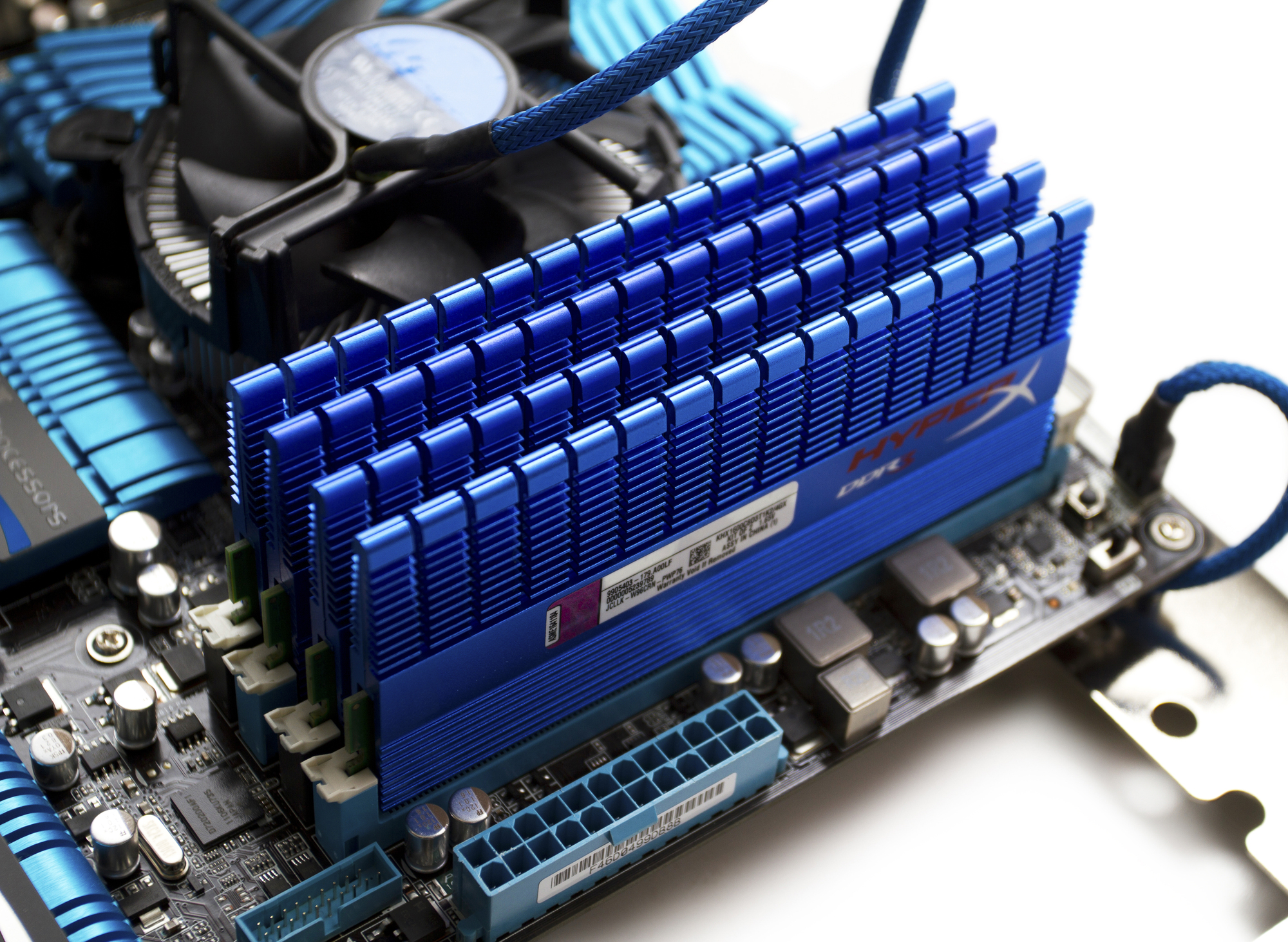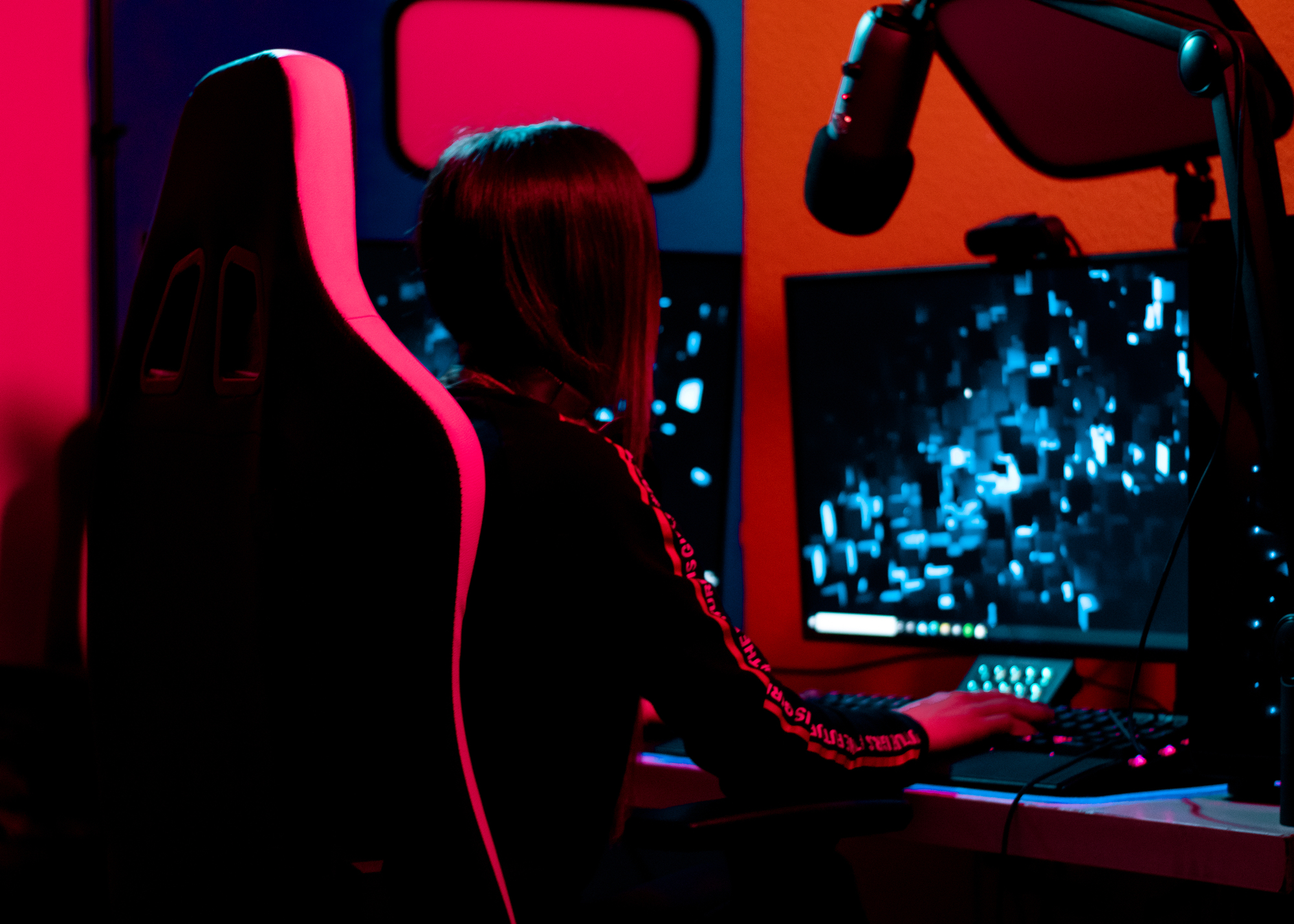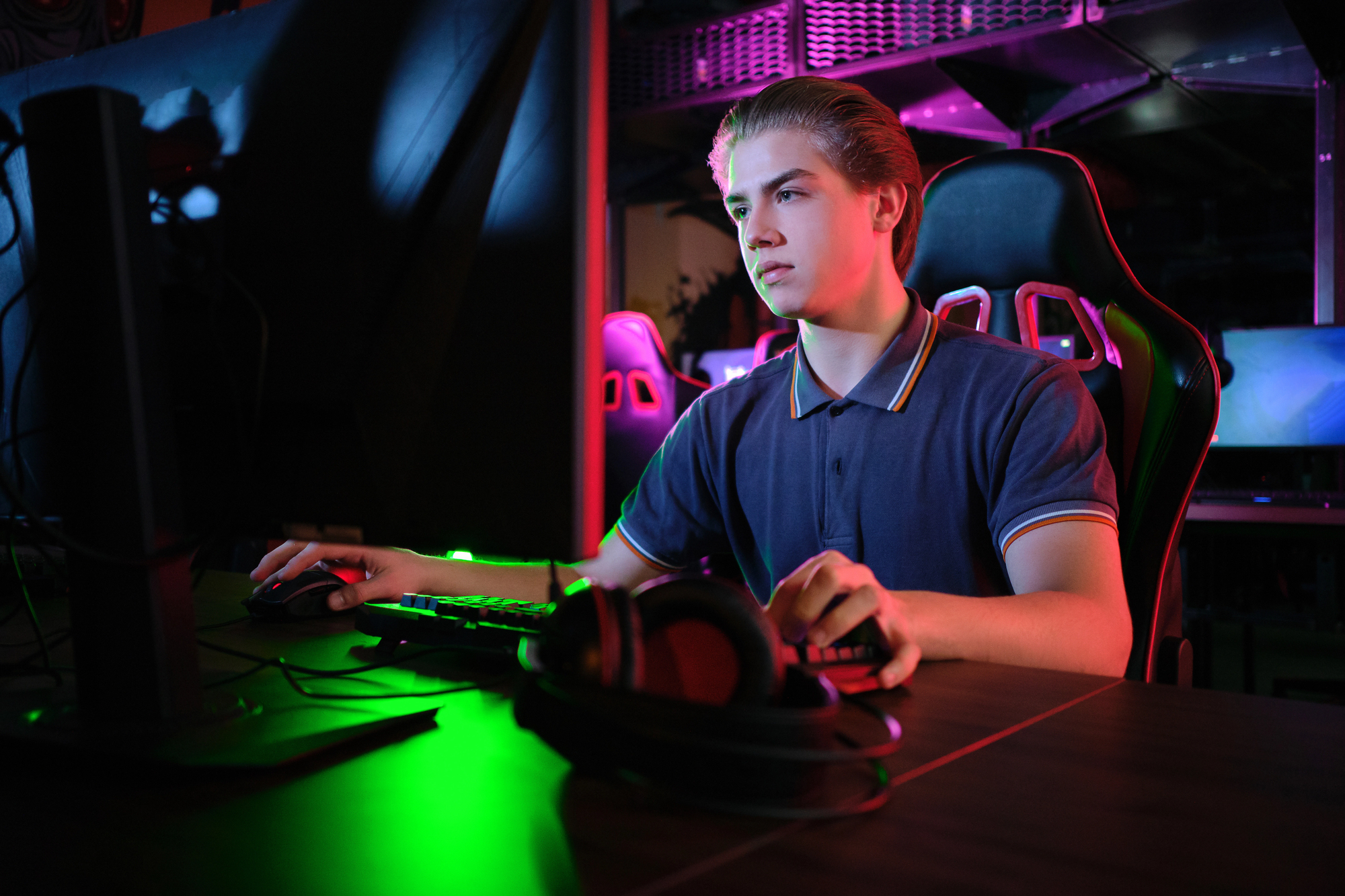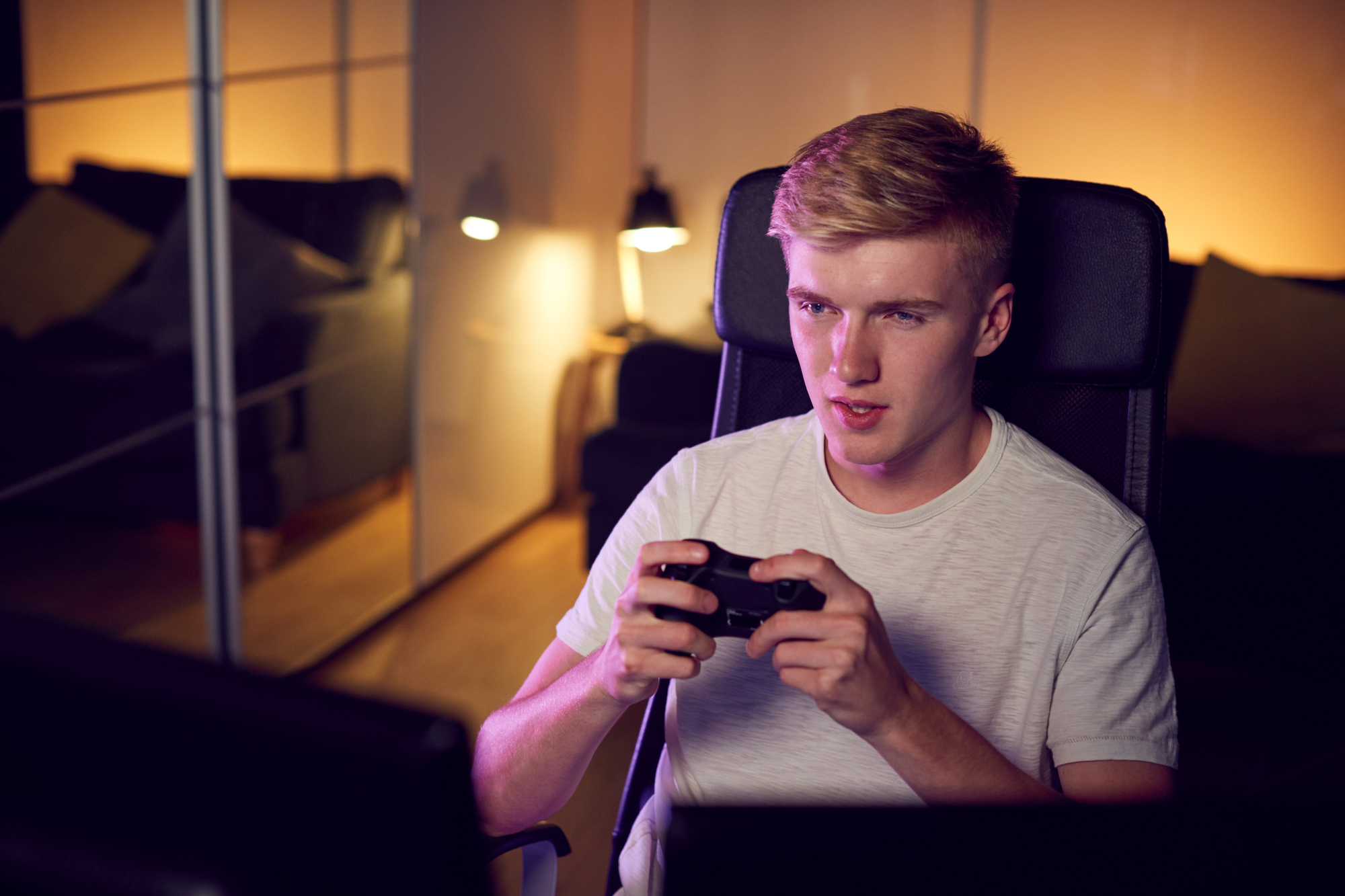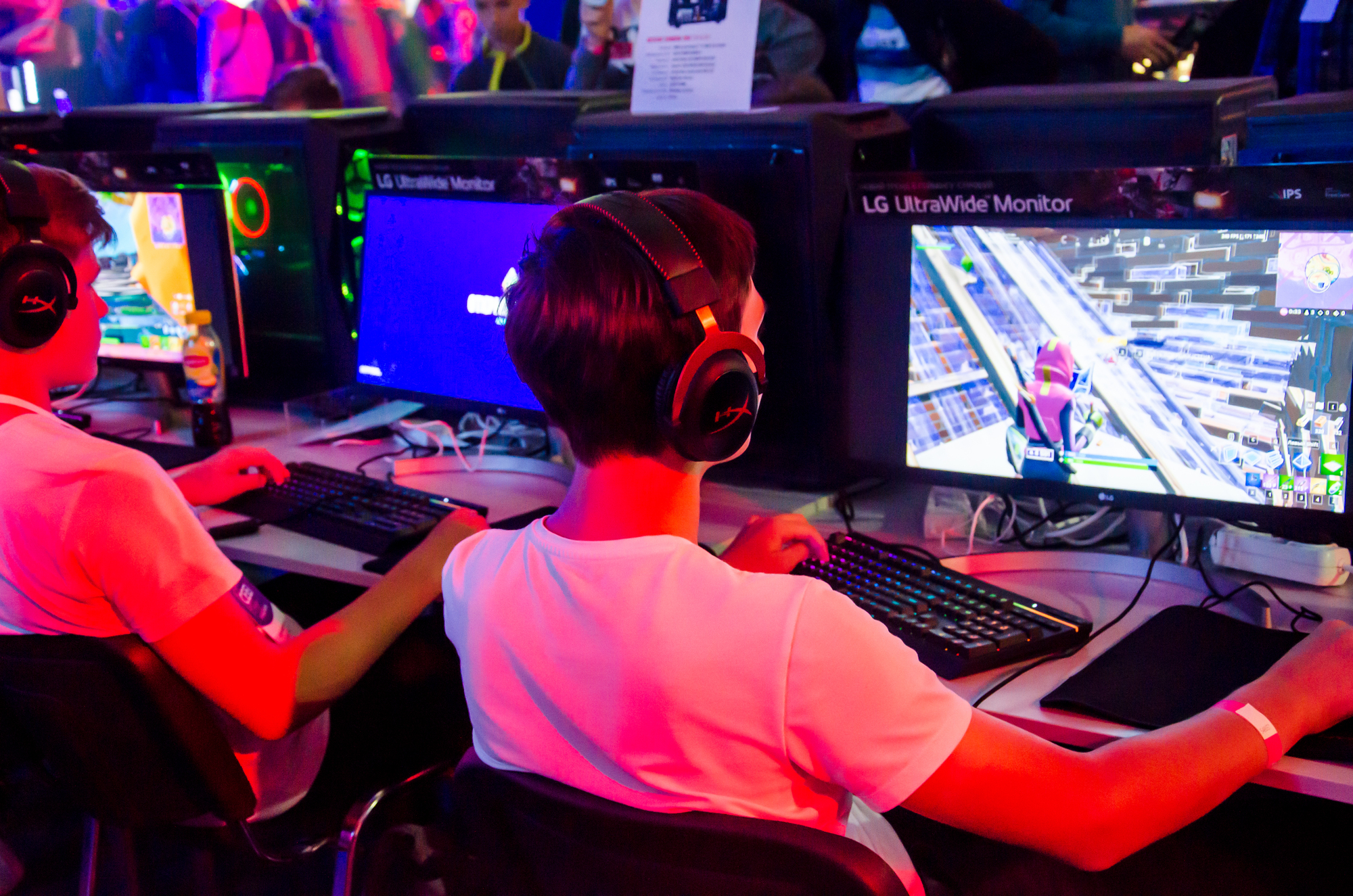Gaming has become an integral part of many people’s lives, offering entertainment, social connections, and even career opportunities. Yet, striking a balance between gaming and real-life responsibilities can be challenging. Successful gamers recognize the importance of maintaining a healthy lifestyle while pursuing their passion for video games. This involves setting realistic goals, managing time effectively, and prioritizing physical and mental well-being.
Achieving this balance requires thoughtful planning and self-discipline. Gamers can create schedules that allocate time for gaming alongside work, studies, exercise, and social interactions. Taking regular breaks during gaming sessions helps prevent fatigue and promotes overall health. By implementing these strategies, gamers can enjoy their hobby without neglecting other aspects of life.
Understanding the Impact of Gaming on Life Balance
Gaming can significantly affect various aspects of daily life, influencing time management, social interactions, and personal well-being. The effects can be both positive and negative, depending on gaming habits and individual circumstances.
Consequences of Excessive Gaming
Excessive gaming can lead to several negative outcomes. It may disrupt sleep patterns, causing fatigue and decreased productivity at work or school. Relationships with family and friends might suffer due to reduced face-to-face interactions. Physical health can decline from prolonged sedentary behavior, potentially leading to issues like poor posture or repetitive strain injuries.
Gaming addiction is a serious concern, characterized by an inability to control gaming habits. This can result in neglect of personal hygiene, poor nutrition, and isolation from social activities. Academic or work performance may decline as gaming takes precedence over other responsibilities.
Excessive gaming can also impact mental health, potentially contributing to increased anxiety, depression, or mood swings. Some gamers experience heightened stress levels when unable to play or when facing in-game challenges.
The Positive Effects of Gaming in Moderation
Moderate gaming can offer numerous benefits. It serves as a form of stress relief and relaxation after a long day. Many games improve cognitive skills such as problem-solving, strategic thinking, and hand-eye coordination. Some educational games enhance learning in subjects like history, science, or languages.
Gaming fosters social connections through online multiplayer experiences or local co-op play. It can help shy individuals build confidence in social interactions within a comfortable environment. Certain games promote teamwork and communication skills, which are valuable in personal and professional settings.
For some, gaming sparks creativity and imagination. It can inspire artistic pursuits or storytelling. Additionally, the gaming industry offers career opportunities in game development, e-sports, or content creation, turning a hobby into a profession for passionate individuals.
Strategies for Balancing Gaming with Real-Life Responsibilities
Effective strategies can help gamers maintain a healthy equilibrium between their gaming passion and daily obligations. These approaches focus on goal-setting, time management, and incorporating physical activity into routines.
Setting Achievable Goals
Gamers can establish clear objectives for both gaming and real-life activities. This involves identifying priorities and creating specific, measurable targets. For example, a gamer might aim to complete a certain number of quests per week while also finishing work projects on time.
Short-term goals could include daily tasks like studying for an hour before gaming. Long-term goals might encompass career milestones or personal development achievements. Regularly reviewing and adjusting these goals keeps them relevant and motivating.
Tracking progress is crucial. Gamers can use apps or simple journals to monitor their accomplishments in both gaming and real-life spheres. This visibility helps maintain motivation and provides a sense of achievement across all areas of life.
Effective Time Management
Creating a structured schedule is key to balancing gaming and responsibilities. Gamers can allocate specific time slots for gaming, work, study, and personal tasks. This approach prevents gaming from encroaching on essential activities.
The Pomodoro Technique can be useful. It involves focused work or gaming sessions of 25 minutes, followed by short breaks. This method enhances concentration and productivity while preventing burnout.
Setting alarms or using apps to limit gaming sessions helps stick to the planned schedule. Gamers can also use productivity tools to manage real-life tasks efficiently, freeing up more time for guilt-free gaming.
Incorporating Regular Breaks and Physical Activity
Taking frequent breaks during gaming sessions is vital for physical and mental well-being. Short pauses every hour allow gamers to stretch, rest their eyes, and stay hydrated. This practice reduces the risk of health issues associated with prolonged sitting.
Integrating exercise into daily routines complements gaming activities. Quick workouts between gaming sessions or dedicating time for sports or gym visits promotes overall health. Physical activity can improve gaming performance by enhancing reflexes and mental clarity.
Gamers can also explore active games that require physical movement. This approach combines the enjoyment of gaming with the benefits of exercise, creating a more balanced lifestyle.
Maintaining Social Connections and Personal Relationships
Gaming can impact social connections and personal relationships. Balancing gaming with real-life interactions helps prevent isolation and strengthens bonds with family and friends.
The Importance of In-Person Interactions
Face-to-face interactions offer benefits that online gaming can’t replace. Physical presence allows for nonverbal communication and deeper emotional connections. In-person activities like board game nights or outdoor sports can complement gaming hobbies.
Family dinners and regular meetups with friends help maintain strong relationships. Setting aside dedicated time for loved ones shows commitment to these connections. Sharing gaming experiences with others in person can enhance enjoyment and create shared memories.
Preventing Social Isolation
Excessive gaming may lead to social withdrawal. Gamers should monitor their time spent playing and balance it with other activities. Setting limits on gaming sessions helps create space for social interactions.
Joining local gaming groups or attending gaming events provides opportunities to meet like-minded people in person. Participating in non-gaming activities and hobbies broadens social circles and interests.
Maintaining open communication with family and friends about gaming habits promotes understanding. Involving loved ones in gaming activities can bridge gaps and foster shared experiences.
Implementing Healthy Gaming Habits
Gamers can adopt specific practices to balance their gaming passion with other aspects of life. These habits promote overall well-being while allowing for enjoyable gaming experiences.
Monitoring and Adjusting Gaming Time
Setting clear time limits for gaming sessions helps maintain balance. Gamers can use apps or built-in console features to track playtime. A timer or alarm can signal when to take breaks or end sessions.
Regular breaks prevent fatigue and eye strain. The 20-20-20 rule works well: every 20 minutes, look at something 20 feet away for 20 seconds. Stretching or walking around every hour keeps the body active.
Gamers should assess their gaming habits weekly. This review helps identify patterns and adjust schedules as needed. Reducing late-night gaming improves sleep quality and daytime productivity.
Ensuring a Variety of Hobbies and Activities
Diversifying interests beyond gaming enriches life experiences. Gamers can explore outdoor activities, sports, or creative pursuits. These hobbies offer fresh perspectives and skill development opportunities.
Setting goals for non-gaming activities creates balance. For example, reading a book chapter before gaming or exercising three times a week. This approach fosters a well-rounded lifestyle.
Socializing in person helps maintain real-world connections. Gamers can plan regular meetups with friends or join local clubs related to their interests. These interactions complement online gaming communities.
Learning new skills or taking up challenging hobbies can be as rewarding as gaming achievements. Cooking, playing an instrument, or learning a language provides a sense of accomplishment outside the virtual world.

